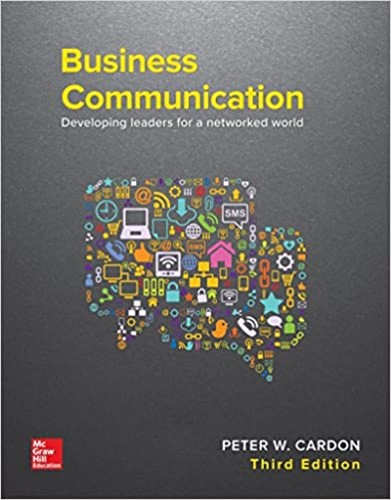Celebrate India!
Unity in Diversity!!
Click Here for Back Issues of Business Administration in India - From 2019
BOOKS FOR YOU TO READ AND DOWNLOAD FREE!
- SILENT TALK:
NONVERBAL COMMUNICATION ...
M. S. Thirumalai, Ph.D. - Introduction to Soft Skills ...
M. S. Thirumalai, Ph.D.
REFERENCE MATERIALS
- National Education Policy 2020
Ministry of Human Resource Development
Government of India - Some Inputs for Draft National Education Policy 2016
Ministry of Human Resource Development
Government of India - CENSUS OF INDIA 2011 General Data
- CENSUS OF INDIA 2011 DATA ON DISABILITY
BACK ISSUES
- E-mail your articles and book-length reports in Microsoft Word to thirubudmin@gmail.com.
- PLEASE READ THE GUIDELINES GIVEN IN HOME PAGE IMMEDIATELY AFTER THE LIST OF CONTENTS.
- Your articles and book-length reports should be written following the APA Stylesheet.
- The Editorial Board has the right to accept, reject, or suggest modifications to the articles submitted for publication, and to make suitable stylistic adjustments. High quality, academic integrity, ethics and morals are
expected from the authors and discussants.
Copyright © 2019
M. S. Thirumalai
Publisher: M. S. Thirumalai, Ph.D.
11249 Oregon Circle
Bloomington, MN 55438
USA
Introducing a Book:
Business Communication: Developing Leaders for a Networked World
(Third Edition,
Kindle Edition)
by Peter W. Cardon
M. S. Thirumalai, Ph.D.

Courtesy:
https://www.amazon.com
Politeness is an integral part of communication in Indian communities. Traders, shopkeepers and businessmen and businesswomen are usually considered to be more polite in their communication. These people look for a profit-making and this demands from their traditional point of view, a polite manner of verbal as well as nonverbal communication. Indian languages offer various structural devices to express politeness. For example, Tamil speakers often prefer to use second person plural marker in their speech when they address their customers. However, age (and the gender) of the person who is addressed in this direct communication also plays an important role. Young individuals may or may not be addressed with second person plural marker which carries greater respect shown to the person being addressed. The physical appearance of the customer (showing the socio-economic status of the person) is also an important factor. Even though one uses appropriate terms of address and reference, the tone with which individuals are addressed and referred to play a very crucial function! In any case, in all levels of business – from street corner shops to stores in the main bazar to the stores in the mall, etc. – communication between them and with their customers is traditionally expected to be cordial, polite, with willingness to accept bargaining to some extent. Face to face bargaining in the shops is losing its ground with the introduction of labeling and billing the price, etc., with MRP (maximum retail price) and so on.
Modernization of business and the introduction of electrical devices, etc. do not reduce the importance of polite communication. In fact, there is more insistence on equity in communication in companies, corporations, offices, schools and colleges and the stores in the Mall.
Communication does not revolve only around politeness, etc. It demands clarity of what is intended to be communicated. Business communication has become an important field to master for all involved in business administration and direct business activity. The level of status one occupies in a company or the type of activity one is engaged in is not relevant here: everyone in business administration or activity must do their best to master business communication.
Business Communication: Developing leaders for a networked world by Peter W. Cardon is an excellent tool to master business communication in modern context. However, the book does not offer Indian examples, and so it becomes necessary for the teachers and readers to closely observe Indian situations and come up with suitable examples. Concepts and examples offered in the book can be applied in different types and levels of businesses and business administration.
M. S. Thirumalai, Ph.D.
msthirumalai2@gmail.com
- Click Here to Access the Papers of April 2020 Issue
- Click Here for the PRINT VERSION OF THE PAPERS OF APRIL 2020 ISSUE IN BOOK FORMAT.
- Click Here for Back Issues of Business Administration in India
- Click Here for the HOME PAGE of Business Administration in India
- CONTACT PUBLISHER thirubudmin@gmail.com
- Send your articles
as an attachment
to your e-mail to
thirubudmin@gmail.com. - Please ensure that your name, academic degrees, institutional affiliation and institutional address, and your e-mail address are all given in the first page of your article. Also include a declaration that your article or work submitted for publication in BUSINESS ADMINISTRATION IN INDIA is an original work by you and that you have duly acknowledged the work or works of others you used in writing your articles, etc. Remember that by maintaining academic integrity we not only do the right thing but also help the growth, development and recognition of Indian/South Asian scholarship.